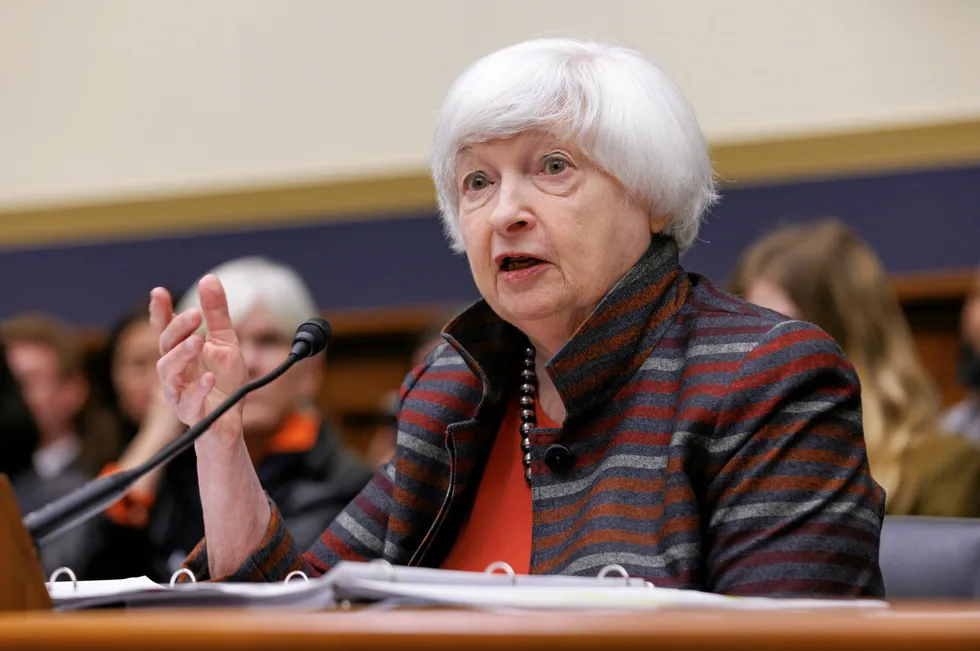US finalises new rules that will allow clean hydrogen producers to sell tax credits
Measure will help developers secure financial backers and keep costs down, says Treasury Department

The US government has today (Friday) finalised a rule that will allow producers of clean hydrogen to sell tax credit subsidies to other taxpayers in exchange for cash, which officials say will help developers secure financial backers and speed up the pace of development.
Stay ahead on hydrogen with our free newsletter
However, some developers will take some time to be profitable, meaning that they may not have a high enough tax bill to offset against the value of the tax credits they are owed — a problem which the Treasury noted is putting up costs and putting up barriers to project financing.
The new rule aims to overcome this by laying out the terms by which developers can “transfer” (ie, sell) the credits to other US taxpayers in lieu of claiming back on their own taxes.
Developers can transfer credits to another tax payer via the IRS’s specially-built online platform Energy Credits Online (ECO), in exchange for cash only.
This means that those opting to “transfer” credits would be guaranteed a 10-year revenue scheme, even if third-party buyers would inevitably seek to purchase credits at a lower price than their face value in order to turn a profit.
“The Inflation Reduction Act’s new tools to access clean energy tax credits are a catalyst for meeting President Biden’s historic economic and climate goals,” said Treasury Secretary Janet Yellen. “They are acting as a force multiplier, enabling companies to realise far greater value from incentives to deploy new clean power and manufacture clean energy components.
“More clean energy projects are being built quickly and affordably, and more communities are benefitting from the growth of the clean energy economy.”
The IRS reported a surge in registrations on the ECO, noting today that the total volume of registration requests hit 59,000 across 900 different business entities as of 19 April 2024, with the vast majority of applications pursuing transferability, rather than elective payments.
Most of the registrations relate to solar and wind projects so far, it added.
Around 1,300 projects are pursuing elective payments on ECO, some of which are from tax-exempt state or regional governments registering programmes for clean vehicles covered under the rule.